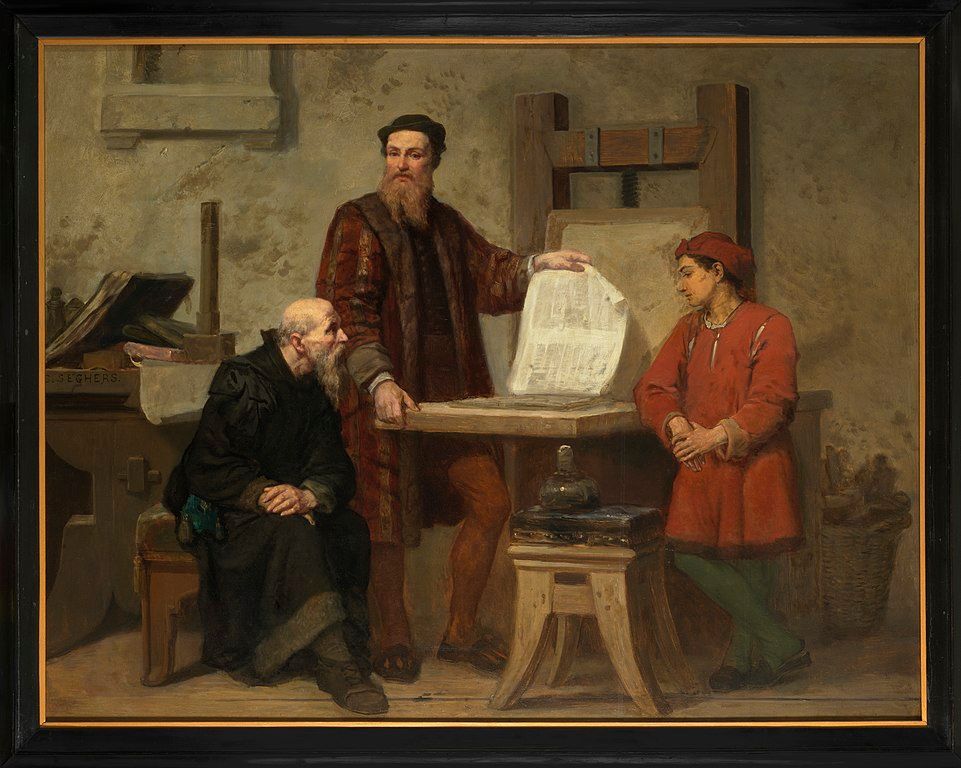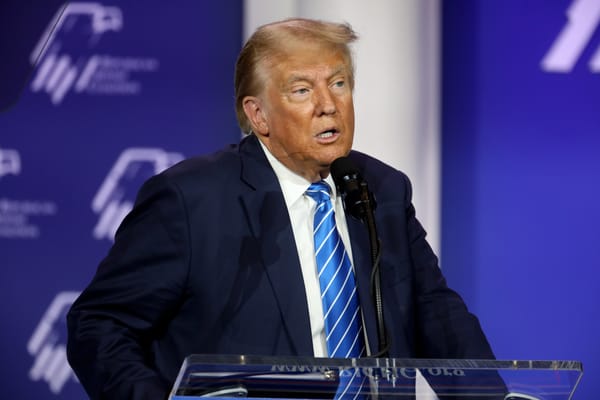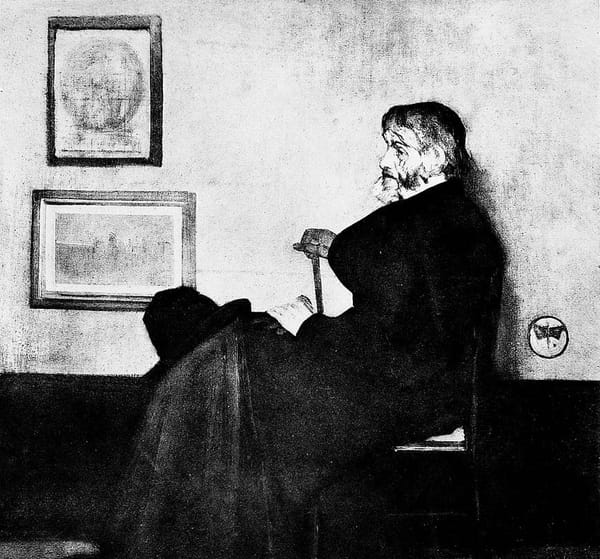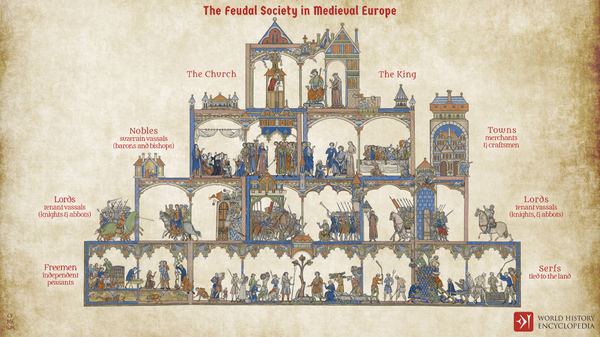Trump Versus Twitter

Last week following the fascist insurrection at the Capitol Building, Twitter permanently suspended Republican President Donald Trump’s account. The company explained that Trump’s constant false claims of election fraud in 2020 were inciting violence.
Some First Amendment advocates, like the American Civil Liberties Union (ACLU), quickly responded with concerns that Twitter’s decision was a threat to freedom of speech, cautioning that silencing Trump might lead to the silencing of others. “It should concern everyone when companies like Facebook and Twitter wield the unchecked power to remove people from platforms that have become indispensable for the speech of billions—especially when political realities make those decisions easier,” wrote Kate Ruane, a senior legislative counsel at the ACLU.
But the ACLU’s concern is misplaced, and its analysis of political realities is confused. Twitter did not violate Trump’s free speech by booting him from the platform. On the contrary, it is Trump who has misused his power. He has threatened Twitter, insisting the platform continue publishing his tweets even when he violates its terms of service. Twitter’s decision to finally stop giving him a forum was not an example of the government censoring a private citizen. It was a reassertion of freedom of the press in the face of egregious interference by the most powerful government actor in the country.
The ACLU, and many others, often discuss Twitter, Facebook, and other social media platforms as if they are public squares—spaces to which everyone should have access to air their views in a free give and take of democratic expression. But Twitter is not a public square; it’s a privately owned company. As such, as many have pointed out, Twitter has no duty or responsibility to allow everyone to say anything on its platform. Twitter is not Congress; the First Amendment does not bar Twitter from setting rules to regulate what users say on its platform.
This particular controversy isn’t about just any user, though. It’s about the President of the United States—a person who often speaks directly for the government, and who wields vast state power. How is the First Amendment implicated when the President of the United States demands that he be given access to private resources in order to get his message out, rally his supporters, and encourage them to commit violence?
In this situation, it is useful to think of Twitter not as a public square, but as a publisher. Obviously, there weren’t any internet platforms in the 1700s, but there were newspapers and editors, and while Twitter functions on a much bigger scale, it retains many of the relevant features of its broadsheet predecessors. Twitter users, like newspaper contributors are writers. Twitter, like editors in the past, agrees to publish in line with its editorial policy.
That policy is very broad. Twitter doesn’t care about grammar, insight, newsworthiness, or many of the other considerations which drive more traditional publishers like the New York Times or Washington Post. But Twitter’s Terms of Service do impose some standards on contributors. You can’t, for example, post private information on Twitter. You can’t impersonate someone else. And you can’t issue violent threats.
Twitter has fairly openly acknowledged that Trump has regularly run afoul of its Terms of Service. He has, for example, threatened nuclear war with North Korea, clearly a violent threat. He has incited harassment against U.S. Representative Ilhan Omar.
Despite such violations, Twitter did not lock Trump’s account and demand he remove the tweets in question, as they generally do in such cases. Instead, the company explained that the tweets of world leaders are important and informative, and therefore it would not take them down.
Perhaps the company’s reasoning was based purely on newsworthiness, as it says. But Twitter has other reasons not to take on Trump, as became clear during the 2020 election season. Twitter began flagging Trump tweets that spread election misinformation about supposed fraud. In response, Trump threatened to repeal Section 230 of the Communications Decency Act. That provision specifies that companies are not liable for the substance of user generated content on their online properties. Getting rid of Section 230 would open Twitter up to potential lawsuits based on the content of millions of tweets a day. The company would have to scramble to reorganize, at the very least.
Trump, in short, threatened to use the power of the federal government to destroy Twitter if Twitter refused to publish what Trump told them to publish. The President of the United States demanded the right to tell a private company what to say, or else. It is as if Trump promised to throw the New York Times’s editor in prison unless the paper agreed to let Trump write their headlines, or as if he demanded that television networks adopt a pro-Trump stance or lose their FCC license. It’s an egregious Constitutional violation.
MSNBC’s Chris Hayes noted on Twitter, “I can guarantee you no private Chinese firm would be able to kick [Chinese President] Xi [Jinping] off their platform!” This is exactly correct—as are the implications. Government control of the press can mean censorship of criticism directed at the president or government. But it can also mean government demands that certain things be printed. Freedom of the press means the liberty to print what you want to print. But it also means the liberty to reject material that you do not want to publish.
Trump demanded, for years, that Twitter allow him to print whatever he wanted, regardless of Twitter’s editorial standards. And Twitter complied, in part, it seems likely, because of the implicit threat of government sanction. Now it has finally reasserted editorial control—and the ACLU has attacked it for finally standing up for free speech!
The ACLU’s bumbling, frankly ridiculous response here is a sign of how confused and useless some advocates of free speech have become. In their eagerness to make sure that fascists can speak from any platform, and to ensure that the powerful may give lectures without protest, such free speech proponents have lost sight of the fact that the First Amendment is not just about speech. It is about government power. Under the Constitution, the President does not have the right to turn any media organ he desires into an outlet for lies, propaganda, and violent threats. Nor should he.
Featured image is The Invention of the Art of Printing, by Corneille Seghers




